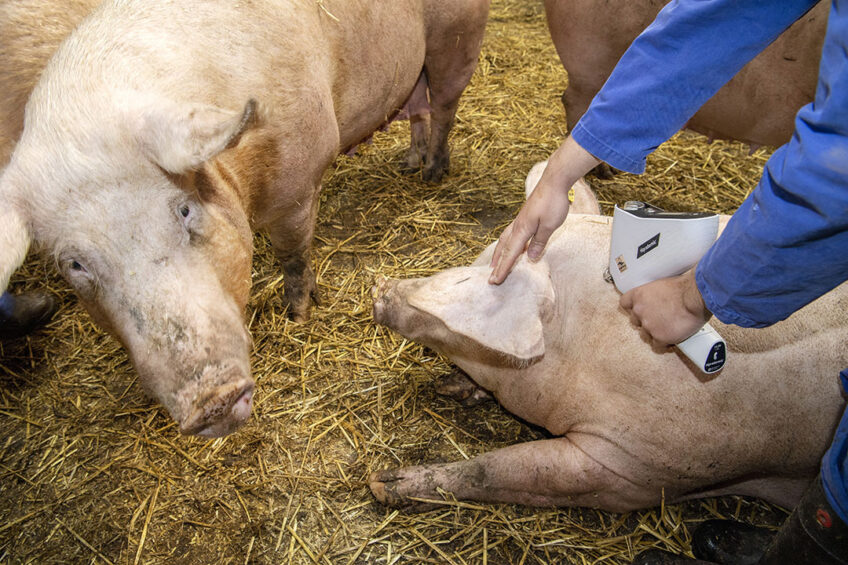New vaccine for Japanese encephalitis in pigs

Scientists at University of Queensland in Australia have developed a novel vaccine for Japanese encephalitis virus (JEV) in pigs. The vaccine is based on a ‘chimeric’ hybrid virus. The disease causes reproductive failure.
This virus was first detected in Australian pigs in February 2022. Since that discovery, it has been found at pig farms in Victoria, New South Wales and Queensland.
Consequences for sow pregnancy
According to Agriculture Victoria, adult sows do not typically show overt signs of disease. However, if they are infected before 60-70 days of pregnancy, they may either abort or give birth to mummified and stillborn or weak piglets. Some of them may have neurological signs.
“In a previously uninfected population, litters from sows and gilts would be expected to be equally affected. Boars, if present on farm, may experience infertility and swollen testicles.”
Transmission
In humans, JEV can cause neurological outcomes that are sometimes permanent or fatal, according to Dr. Jody Hobson-Peters from University of Queensland. However, JEV cannot be passed from pigs to people through contact or by eating pork products. It is transmitted primarily through biting insects. JEV also affects wild birds, horses, donkeys, reptiles and more.
Preventing spread
To prevent the spread of JEV, Agriculture Victoria recommends that pig farmers reduce potential mosquito habitats around farms. They should also limit pig exposure to these insects.
However, the agency also warns of possible transfer of the virus from an infected pig to another animal. This can happen via practices that involve penetrating the skin such as blood collection. Farmers are therefore advised to “avoid reusing needles between animals. They should also thoroughly wash and decontaminate other equipment between animals.”
Vaccine development
The vaccine development used ‘chimera’ virus technology developed at the University of Queensland. A chimera or hybrid version of JEV was created using a harmless-to-humans, mosquito-only virus called ‘Binjari’ that’s found naturally in Australia.
“The resulting chimeric (hybrid) virus looks identical to JEV but can only grow in mosquito cells and also happens to be dead in this vaccine, so is very safe to use,” stated Hobson-Peters.
The project was supported by Australian Pork Limited, with recent efficacy trials conducted on pigs at the Elizabeth MacArthur Agriculture Institute.
More than 90% of the young pigs in the trial were protected from JEV infection. The same results are expected in other species, like humans and horses.
Safety trials on a larger scale
The researchers are now working with veterinary company Treidlia Biovet on manufacturing the vaccine so it can undergo safety trials on a larger scale. Commercial release is expected later this year.







